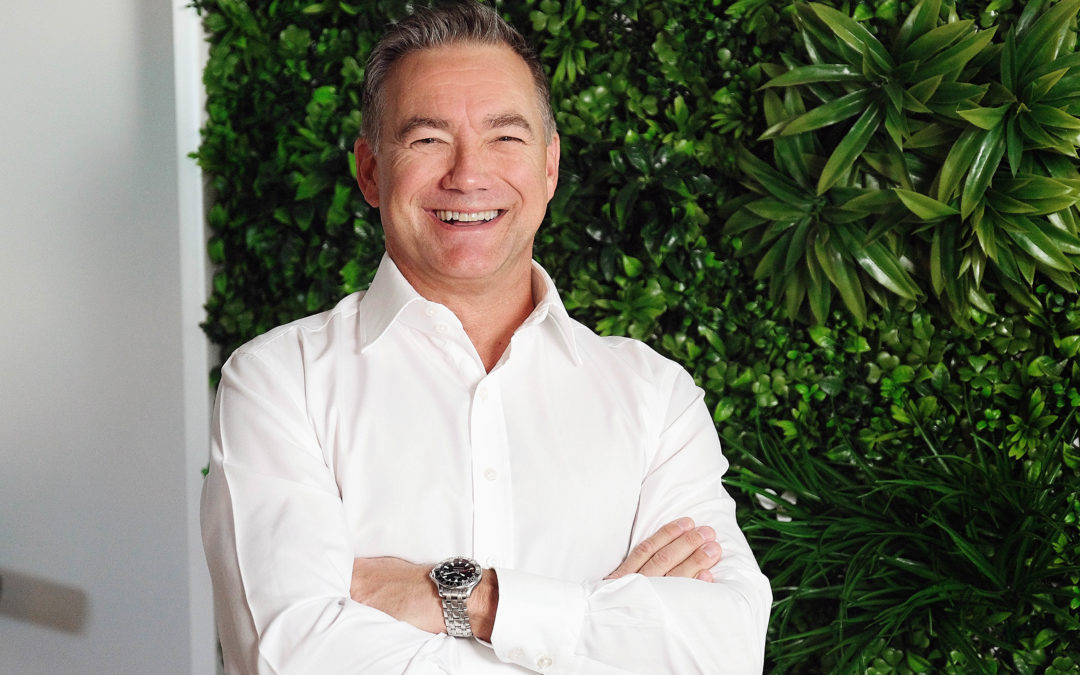Empowering Africans with reliable and affordable Internet access has always been a top priority for network service provider, SEACOM. While South Africa has good Internet coverage, there is a data inequality barrier that prevents many from accessing educational tools, job opportunities, and limits social inclusion. The cost of data is exceptionally high for low-income individuals who aren’t creditworthy – as much as 100 times more than it costs for someone with a high credit score.
To bridge this digital divide, non-profit organisation Project Isizwe is committed to bringing broadband services to low-income, underserviced areas. By working with the public and private sectors, the NPO currently saves these communities more than R60 million a year in data costs.
After it closed its wireless division in 2018, SEACOM was left with a significant amount of Access Point stock that was still perfectly serviceable and could be put to good use. As such, the ICT company decided to donate this equipment to Project Isizwe to add to the organisation’s impactful work.
As part of its BEE initiative socio-economic development programme, SEACOM provided Project Isizwe with its 300Mbps Fibre Internet Access Service. The service was installed at the Sandton Taxi Rank, offering hundreds of low-income commuters free Wi-Fi.
“Connectivity is essential for local citizens and businesses to advance in an increasingly digital economy,” explains Tim Genders, Chief Operating Officer at Project Isizwe.
“Collaborating with SEACOM has made a big difference in the work we do. Most of our sponsors are either mines or independent power producers, so it’s great to have a sponsor in the ICT industry that can also advise on technical aspects and developments. SEACOM is helping us address a critical concern in South Africa – data inequality – to prevent an economic rift from forming in our next generation,” Genders adds.
“As a proud ICT enabler in Africa, we believe it is our responsibility to equip our people with affordable connectivity to go further. It’s unfair that low-income citizens have to pay more for what is now considered an essential service, so, we are proud to be working with Project Isizwe to make a real difference in disadvantaged communities,” concludes SEACOM CEO Byron Clatterbuck.


